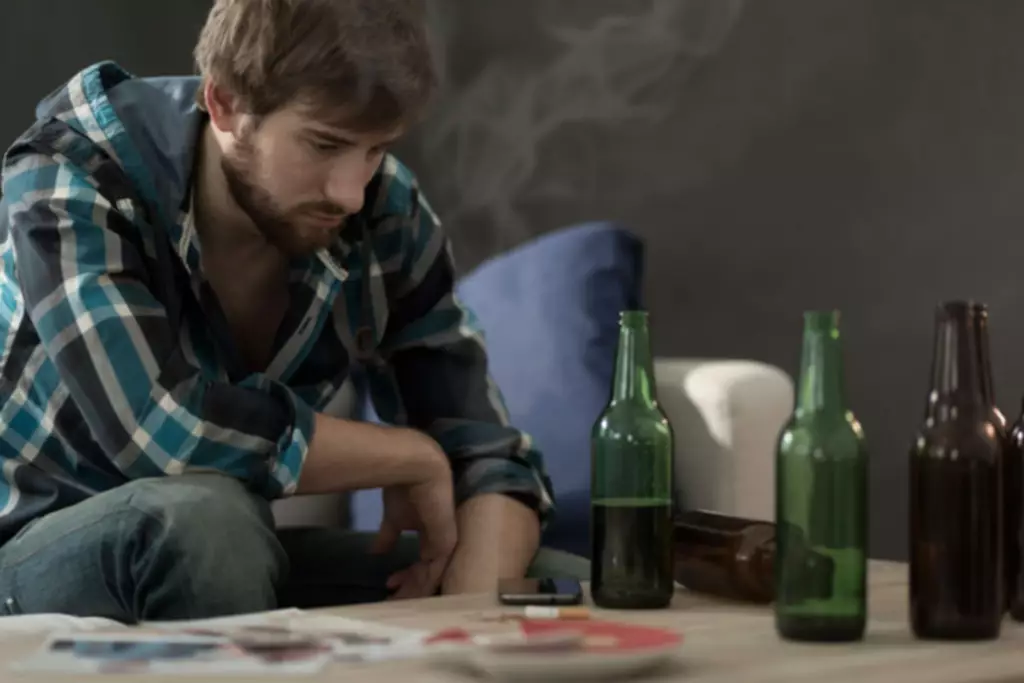
That means a person who has had eight drinks in two hours likely has a BAC of .21%. Now that you are sober, you may have discovered that some of your past relationships were not only unhealthy but downright toxic. It’s not just your drinking buddies and drug dealers who can get you into trouble—sometimes those who are closest to you can https://ecosoberhouse.com/ contribute to a relapse.
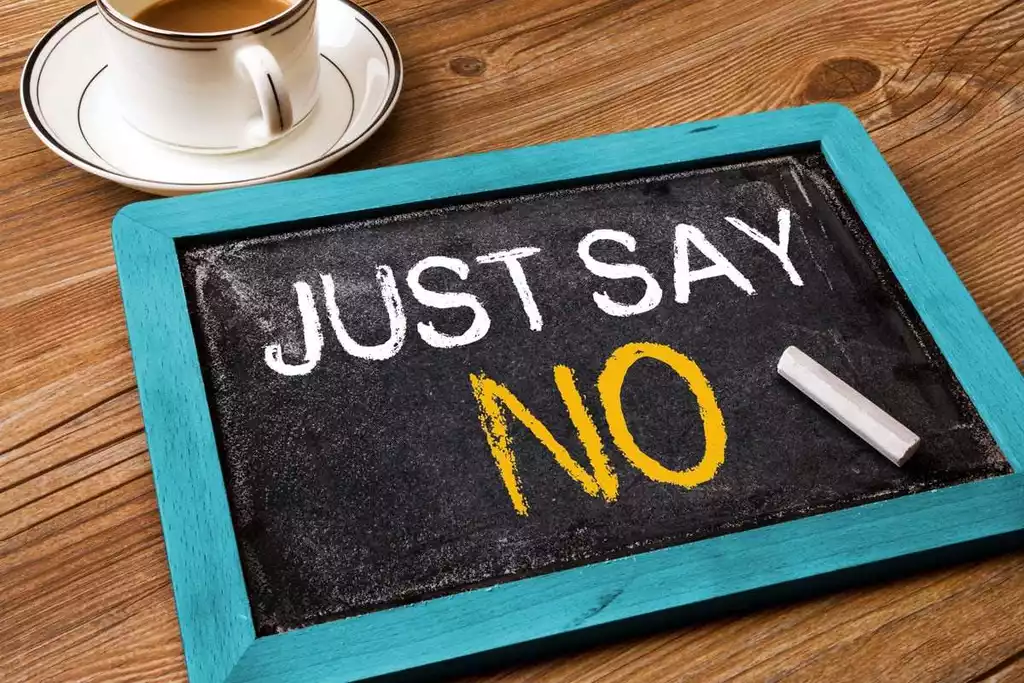
Factors That Affect How Long It Takes to Sober Up
If you are concerned about alcohol’s effect on your life or a loved one’s life, please feel welcome. Behavioral therapies are a really effective approach while dealing with addiction and it will help you understand what exactly triggered the relapse. It can help you identify your unhealthy behavioral patterns and thought processes and deal with them.
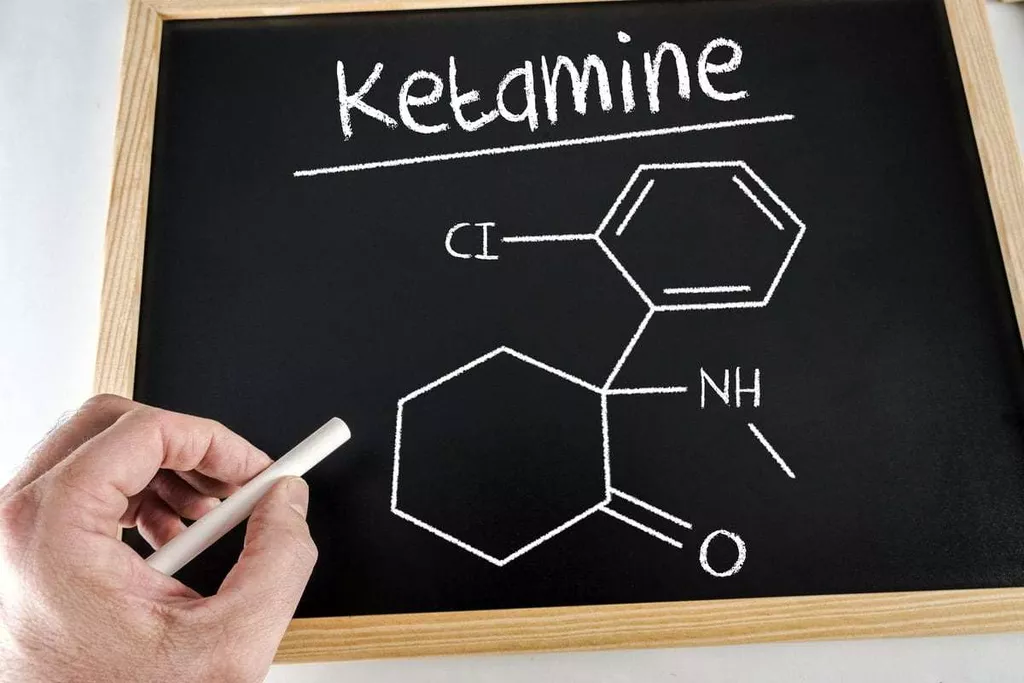
Medication for Alcohol Use Disorder: An Underutilized Treatment Option
- Take time out for yourself, treat yourself with compassion, and let yourself have fun.
- Each day of sobriety, every challenge you’ve faced, has been a step toward reclaiming your life.
Choosing sobriety is an incredible step towards living a healthier and happier life. And while sobriety is a life-long journey, the first year sober is often among the most pivotal. This is because experts say that it takes approximately one year for your brain and body to fully heal from the effects of alcohol and adjust to an alcohol-free lifestyle. This year of healing is usually both challenging and incredibly rewarding. While no two journey’s look the same, here are some common patterns that you might expect in your first year of sobriety.
Are you safe from relapse if you have long-term sobriety?
There are many reasons a person in recovery may decide to drink again. The drinker may have been in recovery for a while and became too comfortable. They debate if they can drink casually after spending time away from alcohol. Casual drinking is impossible for someone who has an alcohol use disorder (AUD) because alcoholism reactivates cravings and makes it difficult to avoid old drinking habits. For people in recovery, it is impossible to reintroduce alcohol into their new lifestyle, as they could only achieve stability once they stopped drinking. Managing cravings and triggers is a crucial aspect of maintaining sobriety, as they can lead to relapse drinking after being sober if not addressed properly.
How Does Stress Lead to Risk of an Alcohol Relapse?
We realize that these cravings will subside naturally on their own. You might encounter feelings of restlessness or irritability around this time. When these feelings come up, it’s a great time to connect with others who are farther along in their journey, whether locally or through online support groups.

Can Alcoholics Have One Drink?
For many people, they’re most likely to experience alcohol cravings in the early evening. To distract yourself from potential cravings you can try an hour or two-long activity such as taking yoga class, attending an alcohol support group, or seeing a movie in theaters. The very first day of a sobriety journey might be full of excitement, nervousness, and many other emotions. Taking it day-by-day, hour-by-hour, or even minute-by-minute can make drug addiction treatment you feel more in control. Another helpful step to take before you stop drinking is to prepare your environment and support system.
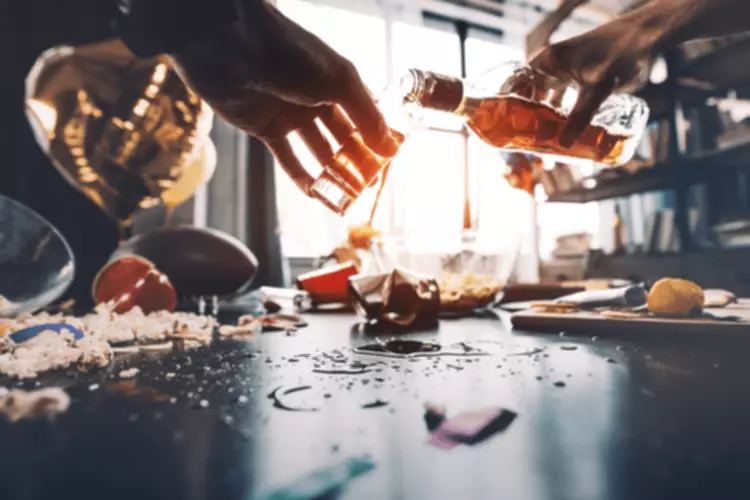
Learning to manage your triggers is important and even if you previously took therapy, some extra support during this time might be a good idea. A professional might show you a different and more effective approach you can take to manage your triggers and addictive behaviors. There are programs available that are especially for relapse situations and provide extra support. Don’t feel shy to seek therapy or any form of support you might need because your health is the most important and it should come first. There’s a physiological explanation as to why anxiety is so common in the first week of sobriety. You can read this article for a deeper understanding of why you feel anxious when you stop drinking.
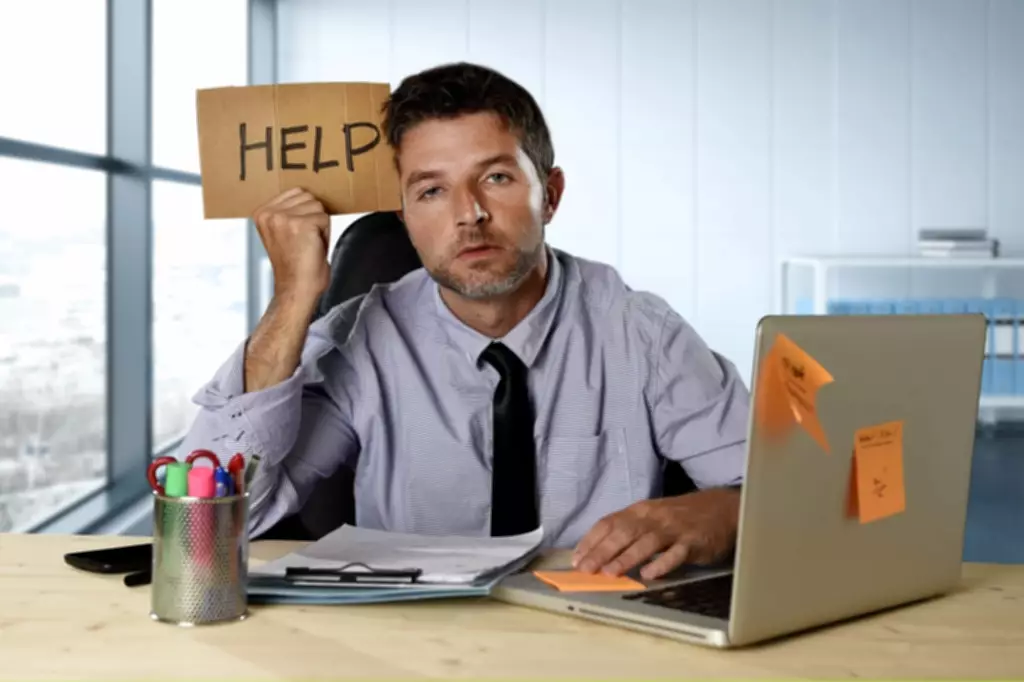
Insurance Providers
Your journey is a powerful example of how embracing sobriety can lead to profound personal growth and a life filled with purpose and clarity. But, without alcohol’s interference, your cognitive functions have improved, allowing for more rational and considered decisions. Free from the effects of alcohol abuse, your mind is clearer, and this clarity has significantly impacted all areas of your life. The way you’ve learned to manage these challenges reflects a deep change in your mindset.
